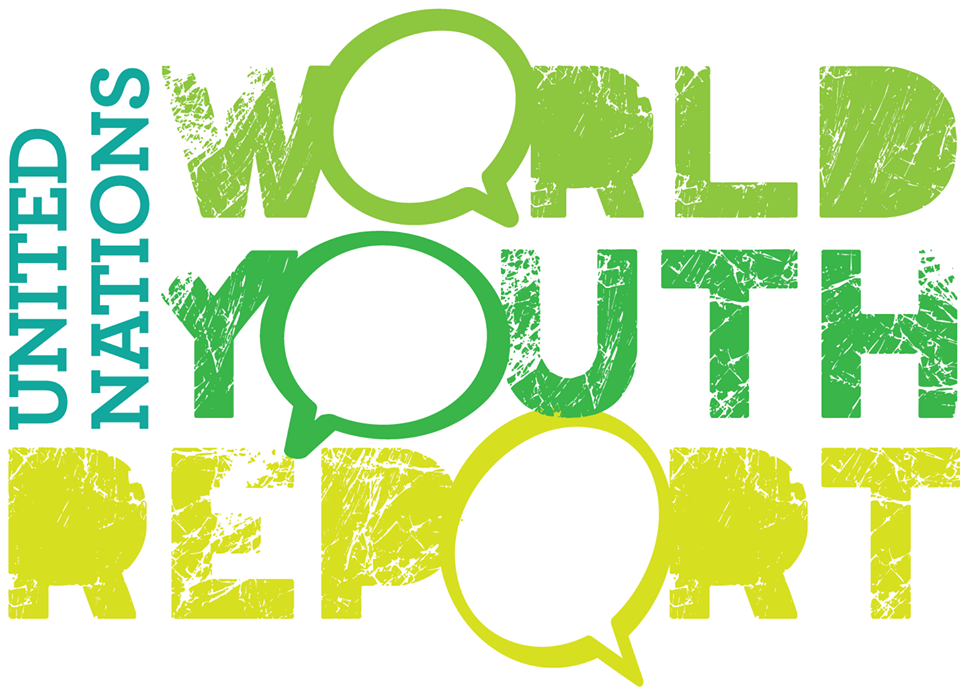The United Nations launched World Youth Report on Youth Civic Engagement

World Youth Report on Youth Civic Engagement, prepared by the United Nations Department of Economic and Social Affairs (UN DESA), explores young people’s participation in economic, political and community life.
UN DESA provides an interface between global policies in the economic, social and environmental spheres and national action. The UN World Youth Report, its biennial publication, offers fresh perspectives and innovative ideas on youth engagement, and is intended to serve as an impetus and tool for dialogue, policy discussion and action between youth and government.
The current report responds to growing interest in, and an increased policy focus on, youth civic engagement in recent years among governments, young people and researchers. The report provides thematic insights on economic, political and community engagement, coupled with expert opinion pieces so as to provide robust and varied perspectives into youth engagement.
The transition from youth to adulthood marks a key period characterized by greater economic independence, political involvement, and participation in community life. Such engagement not only impacts the individual and community, but can act as an enabling force for young women and men’s involvement in the development and formulation of youth-related policies. However, a young person’s ability to effectively engage relies heavily on the socioeconomic and political environment in which they live. While access to free and open internet, political demonstrations and peacebuilding initiatives can confer long term benefits to both the individual and community, a lack of decent jobs, limited access to labour rights and social service spending can impose long-term negative consequences on a young person’s life-long ability to engage. Such conditions can also impart long term negative consequences on development and social inclusion more broadly.
In all three of the areas addressed in the report, the full engagement of young people in society relies on the active participation and commitment of governments. It is only through meaningful involvement and active partnership, inclusive policies and decision making processes, that solutions to some of the key problems experienced by young people can be developed. To that effect, the respective roles of young people, policy makers, and the institutions through which they work should be clearly defined. While young people need to play a central role in addressing issues that affect them, they cannot tackle the multitude of challenges alone, particularly in the economic and employment area.



